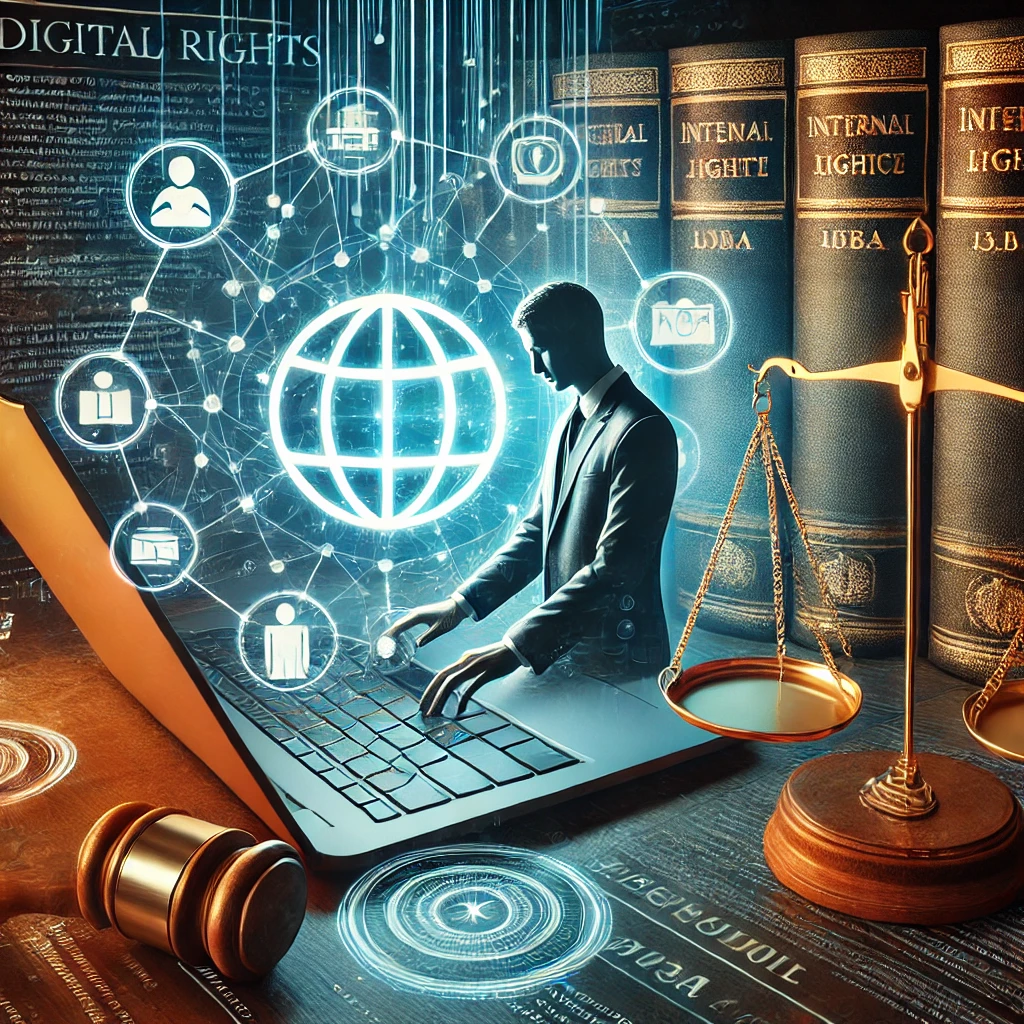Cyber Law at Nigeria
Nigeria has established a comprehensive legal and institutional framework to combat cybercrime and enhance cybersecurity. Here's an overview of the key components:
⚖️ Cybercrimes (Prohibition, Prevention, etc.) Act, 2015
Enacted on May 15, 2015, the Cybercrimes Act provides a unified legal framework for addressing cybercrimes in Nigeria. Key provisions include:
Unauthorized Access: Criminalizes unlawful access to computer systems and networks.
Identity Theft: Penalizes the unauthorized use of personal information.
Cyberstalking and Cyberbullying: Outlaws online harassment with penalties ranging from fines to imprisonment.
Child Pornography: Imposes severe penalties for the production, distribution, or possession of child pornography.
Critical National Information Infrastructure (CNII): Grants the President authority to designate and protect vital national systems.
Penalties: Includes fines up to ₦10 million or imprisonment for up to 5 years, with the possibility of both.
🔄 Amendments and Reforms
In 2024, the Cybercrimes Act was amended to address concerns over freedom of expression. Notable changes include:
Section 24 Revision:Clarified the offense of sending false messages to cause a breakdown of law and order, removing vague terms that were previously used to suppress dissent.
Ongoing Review:The National Security Adviser announced efforts to further amend the Act, focusing on issues like artificial intelligence and virtual assets
🏛️ Institutional Framework
National Security Adviser (NSA) Oversees national cybersecurity efforts and coordinates the implementation of the Cybercrimes Ac.
Cybercrime Advisory Council Provides guidance on cybersecurity policies and strategie.
Nigeria Computer Emergency Response Team (ngCERT) Monitors and responds to cybersecurity incident.
National Identity Management Commission (NIMC) Issues National Identification Numbers to aid in identity verificatio.
📌 Summary
Nigeria's cyber law landscape is evolving, with a robust legal framework complemented by institutional suppott, Ongoing reforms aim to balance effective cybersecurity measures with the protection of fundamental rights.












comments